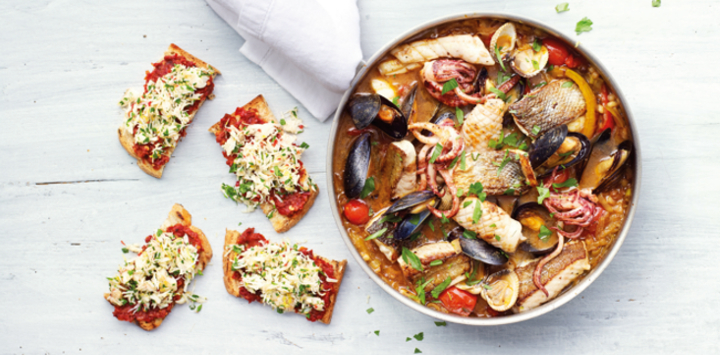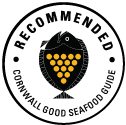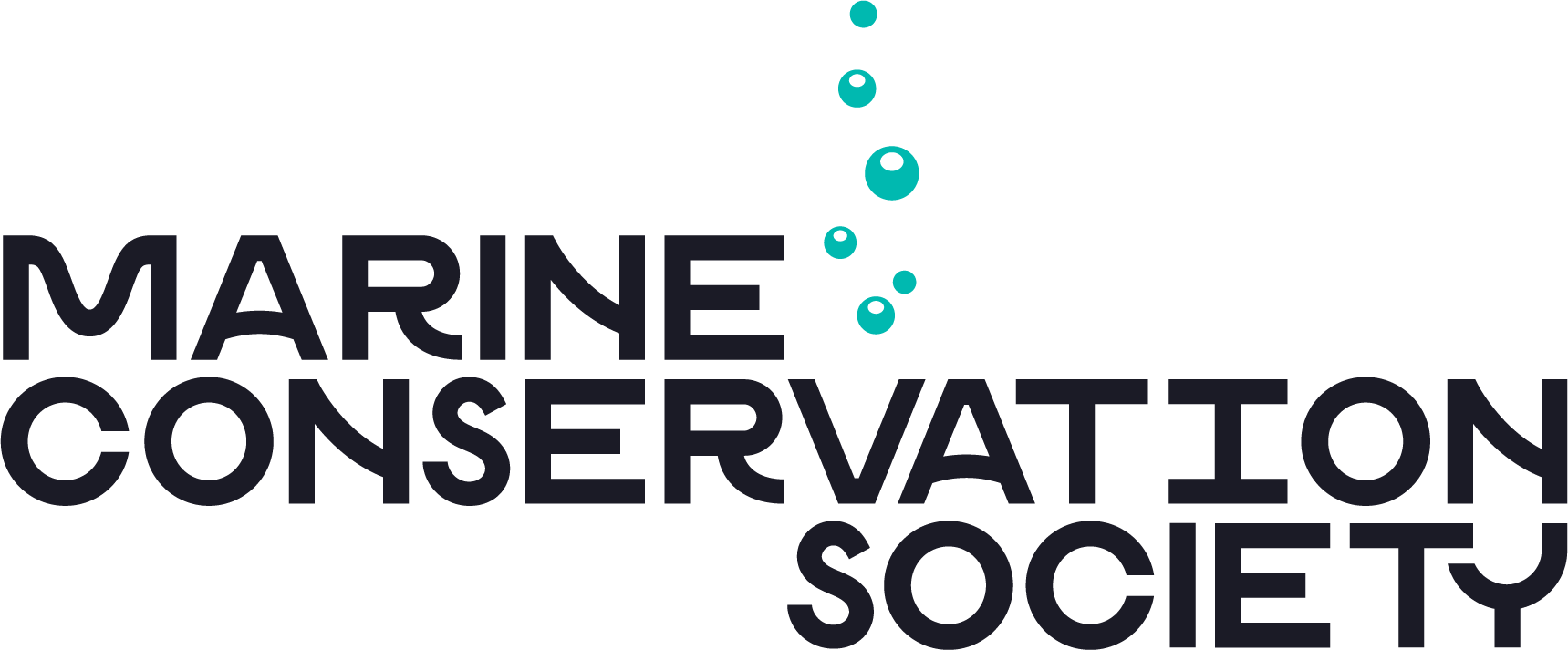

Cornwall
Collected by divers
Celtic Sea
Squid are targeted by demersal trawls using smaller mesh sizes during certain times of year. This is a less selective method than jigging and trawl gear has an impact on the seabed and some issues with bycatch of non target species.
Cornwall
Handlining for squid with lures is also known as jigging. It is a selective low impact method that produces the finest quality fresh catch.
North Coast (VIIf and VIIg)
Crabs caught thorough entanglement in gill nets are lower quality and outside the 6 mile limit there are smaller minimum landing sizes. Some issues with accidental by-catch with this method. Stocks are under more pressure off the North Coast.

South Coast (area VIIe)
Potting is a selective and low impact method and within the 6 mile limits Cornwall Inshore Fisheries and Conservation authority monitor and strictly regulate the fishery. Crab Stocks are most healthy off Cornwall's South Coast.

South Coast (area VIIe)
Crabs caught thorough entanglement in gill nets are lower quality and outside the 6 mile limit there are smaller minimum landing sizes. Some issues with accidental by-catch with this method. Stocks are healthier off the South Coast

North Coast (VIIf and VIIg)
Potting is a selective and low impact method and within the 6 mile limits Cornwall Inshore Fisheries and Conservation authority monitor and strictly regulate the fishery.
Cornish vessels landing to Cornish ports
Gill nets are lightweight nets made of nylon (monofilament) fishing line that are anchored to the seabed and are used to catch fish by entangling the gills.
Cornish vessels landing to Cornish ports
Demersal trawls are large nets that are pulled through the water with the bottom edge of the net touching the seabed. At each edge the net is pulled open by metal ‘trawl doors’. Sometimes referred to as Otter trawling.
Cornish vessels landing to Cornish ports
Beam trawls are nets attached to a steel beam that holds the net open. The belly of the net is made of chains and the upper surface of the net is mesh. Beam trawlers pull two nets along the seabed simultaneously.
Cornwall, VIIe, f, g and h
Gill nets are lightweight nets made of nylon (monofilament) fishing line that are anchored to the seabed and are used to catch fish by entangling the gills.
Cornwall, VIIe, f, g and h
Beam trawls are nets attached to a steel beam that holds the net open. The belly of the net is made of chains and the upper surface of the net is mesh. Beam trawlers pull two nets along the seabed simultaneously.

Cornwall, VIIe, f, g and h
Demersal trawls are large nets that are pulled through the water with the bottom edge of the net touching the seabed. At each edge the net is pulled open by metal ‘trawl doors’. Sometimes referred to as Otter trawling.
Cornish Waters
Gill nets are efficient for catching spider crabs when they are on the move across the seabed. As they get so badly tangled the quality sometimes suffers and gill nets can have issues with accidental by catch of other non target species.

Cornish waters
Pots are low impact and selective. Undersized catch can be returned safely and the pots don't damage the seabed.

Cornish vessels landing to Cornish ports
Demersal trawls are large nets that are pulled through the water with the bottom edge of the net touching the seabed. At each edge the net is pulled open by metal ‘trawl doors’. Sometimes referred to as Otter trawling.

Cornish Waters
MSC certified fishery. Gill nets are lightweight nets made of nylon (monofilament) fishing line that are anchored to the seabed and are used to catch fish by entangling the gills.

Cornwall
Wild mussels can be hand collected in many areas of Cornwall. It is very important that they are commercially purified before being eaten.

Cornwall
Farmed mussels are the best choice as the method of farming is environmentally friendly and creates habitat that benefits other species. Farmed mussels are purified before sale and are a very high quality local product. Rating is provided using the MCS aquaculture ratings methodology.


Cornwall Good Seafood Guide is underpinned by the Marine Conservation Society (MCS) Good Fish Guide. The first UK consumer guide to sustainable seafood. For more information visit www.fishonline.org
Cornwall Good Seafood Guide is here to help us all make sustainable seafood choices. Choices that will help us keep the oceans healthy and Cornish fishers' futures safe. This website is funded by Cornwall Wildlife Trust. If you would like to make a meaningful difference to the health of our oceans, please consider making a donation to the Cornwall Wildlife Trust Ocean Emergency fund. Your donation will help safeguard these remarkable environments, ensuring that they continue to thrive for generations to come. Together, we can be stewards of the seas and champions for a healthier, more sustainable future.